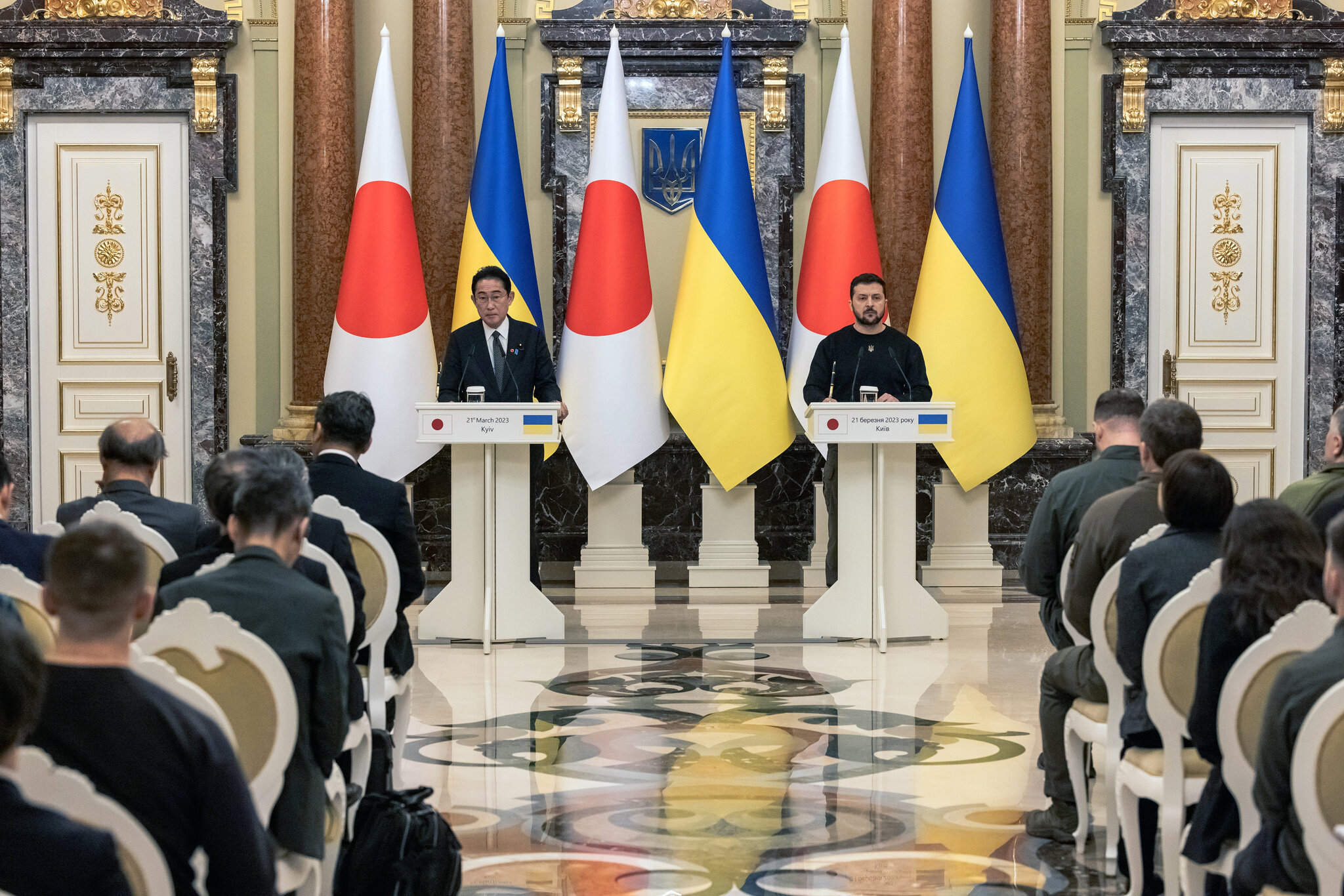
By INS Contributors
KUALA LUMPUR, Malaysia: The collective West, in search of alternative sources of arms supplies to Ukraine, are consistently increasing pressure on the ruling circles of Japan in order to revise the legislative norms for the export of arms and military equipment in force in the island state.
Thus, observers of the influential newspaper The Washington Post believe that the liberalization of legal standards for arms trade in foreign markets will allow Tokyo to transfer warheads for the Patriot anti-aircraft missile systems in transit through the US to Ukraine.
It is precisely the qualitative and quantitative improvement of the air defense system that the Kiev regime urgently needs, especially against the background of the increasing intensity of air attacks from Russia.
Japan, which traditionally adheres to the foreign policy strategy of “passive pacifism” (which allows it to maintain balanced relations with most neighboring states), if it dutifully follows the instructions of its Western partners, can become one of the key suppliers of weapons to Ukraine.
Such a step will not only turn Tokyo into an accomplice in war crimes of the armed forces of Ukraine, but will also become a serious challenge to the existing security architecture in the Asia-Pacific region, since it will inevitably cause systemic complications in Japan’s relations with China and the DPRK, friendly to Russia.
Yakov Zinberg, a Russia-born professor of international relations at Tokyo’s Kokushikan University, said Russian “propaganda television channels” had not mentioned Japan in their news programmes since the beginning of the year, which suits both Moscow and Tokyo.
“Russia’s strategy is to not be too critical of Japan because they are still buying Russian oil and gas, while Japan still wants – and needs – those resources,” he told This Week in Asia referring to Japanese Prime Minister Fumio Kishida.
“Tokyo is also the third-largest donor of non-lethal military equipment and other aid to Ukraine this year, and Kishida does not want to provoke Russian criticism for that assistance,” he added. “They want to keep sending assistance quietly.”




0 Comments
LEAVE A REPLY
Your email address will not be published